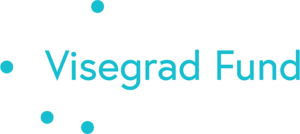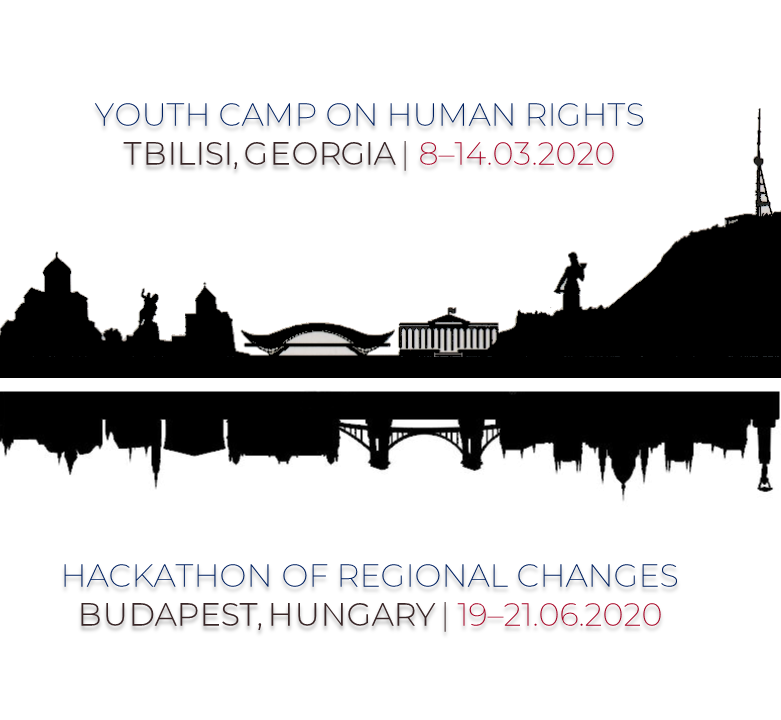Fairy tale 4 V-World
Background and aim
According to the EU Charter of Fundamental Rights, everyone has the right to freedom of expression (Article 11 – Freedom of expression and information.) This right shall include freedom to hold opinions and to receive and impart information and ideas without interference by public authority and regardless of frontiers. In our opinion, in the modern world this right is extremely important, but every day thousands of young people limit this right… through fairy tales. According to Wikipedia, a fairy tale is a folklore genre that takes the form of a short story. In most cultures, there is no clear line separating myth from folk or fairy tale. But free encyclopedia misses one important and significant fact. Fairy tales aren’t known for their focus on human rights! They contain lessons: don’t judge someone on their looks; be kind to others. They’re chock-full of warnings: don’t stray from the path; watch out for witches, wolves, and spindles. However, as a guide to ethics (the broad principles that govern a fair society) or rights (in terms of individual freedoms to be or to do) they are somewhat lacking. Therefore, the aim of this project is to give the opportunity for youth from different backgrounds to reflect on diversity, intercultural and inter-religious dialogue through fairy tales, to experience different methods of non-formal education in order to raise awareness about human rights and encourage developing soft skills needed in their personal and professional life. Regardless of which countries we come from, we all come from childhood.
Benefits of participation
With this project we want to raise youngsters’ awareness about European values and to help them to become more sensitive towards the actual global challenges, we want to promote inclusion, diversity, equality, solidarity and tolerance and to foster intercultural understanding between people of different origins. After the project our youngsters will be equipped with knowledge and tools about creative thinking, storytelling, public speaking, teamwork and other soft skills, as well as they will be aware about different opportunities under Visegrad Fund.
The peculiarity of our project is that we will not ignore the problems of modern society, such as human rights, migrant issues, LGBTQ+ rights, gender equality and other issues of discussion, but we will conduct an open dialogue.
Events
1 Youth Camp on Human Rights, Rustavi, Georgia: 8-14 March 2020
The 6-day Youth Camp on Human Rights will allow 6 participants from Hungary, Slovakia, Poland, the Czech Republic and Georgia (30 people in total) to raise their awareness of human rights, as well as develop their mini-ideas to promote European values for their further implementation on a local level.
2 Local activities in each participating country: 1 April – 30 May 2020
Will be done after the Youth Camp in each participating country by the participants on the topic of European Values. Local projects will give a chance to young people who participated in the Camp to put their knowledge into practice and implement their own ideas at the local level related to basic European values. These ideas will be the answer to the needs of this local society.
3 Hackathon of Regional Changes, Budapest, Hungary: 19-21 June 2020
At the Hackathon there will be place for networking and developing ideas based on the White book of Best practices for implementation at the local level. Moreover, during the project we will develop ideas for local initiatives that participants will have to implement at the local level upon returning home as a follow up.
4 Local activities of the Hackathon results in each participating country: July 2020
Local activity will allow not only to reflect on the needs of local youngsters and organizations working with young people, but also to make a quality project promotion at the local level.
Profile of participants
Young people from Hungary, Slovakia, Poland, Czech Republic and Georgia. Selection of participants is done by partner organizations, based on the following criteria:
-to be interested in the main topic of the project;
-to be open-minded young person, who are willing to actively participate in the whole duration of the project and to implement local activities;
-between 16-26 years old for participants, 18+ for group leader;
-to be able to communicate in English;
-the participants must reside in the country they represent, independently of their citizenship.
Number of participants
Youth Camp: 30 participants (6 participants per country)
Hackaton: 10 participants (2 participants per country)
More information
Information package and application: InfoPack
Partners
Czech Republic: Cesta rozvoje
Cesta rozvoje is young non-governmental organization found in Czech Republic, intending to bring innovative approach into the fields of non-formal and intercultural education of youth, active citizenship and personal development. The NGO was established because of the increasing bipolarization and radicalisation of the societies, especially in the wake of current refugee crisis. Their aim of the NGO is to spread ideas and raise awareness on topics of tolerance, social inclusion, human rights, fight against racism and discrimination, but also environment protection and sustainability. Cesta rozvoje supports the youth to be active citizen and act on actual problems.
Georgia: Association for Cultural Relations
The Georgian Association for Cultural Relations focuses on education, knowledge dissemination and information exchange through promoting democratic values, peace and security initiatives as well as the importance of coexistence of different communities in multicultural environments. The association carries out its activities in Georgia, the greater Caucasus region and internationally, especially considering the needs and concerns of young people. The activities of the organisation include international cooperation with NGOs having similar profile and implementing projects and events focusing on democracy building and peace education.
Hungary: Institute for Cultural Relations Policy
The Institute for Cultural Relations Policy is a non-governmental and non-profit organisation fostering scientific education and public discourse regarding cultural relations policy. íThe institution is based in Budapest, Hungary. The ICRP focuses on global intercultural dialogue and forms of cooperation between intra-cultural entities, aiming to promote the protection of International Human Rights and recognition of cultural diversity and heritage in an interdependent world.
Poland: European Outsourcing Institute Foundation
The European Outsourcing Institute Foundation works at local level in Poland and international level through partnerships in various types of training, international exchanges and other types of projects on topics consistent with the objectives of the foundation. The organization was founded to develop ideas and activities related to the sustainable development of the local economy and community. The main aims of the organisation are implemented through operational objectives and activities including: research and development related to technical, economic, sociological and natural sciences; activities supporting the development and cooperation of intercultural communities; education at all levels.
Slovakia: A.D.E.L. – Association for Development, Education and Labour
ADEL is an organization, which creates opportunities for young people who would like to be an active, try and learn something new and gain some experience and knowledge for personal and professional development. ADEL would like to enrich the educational, social and cultural life of young people living in Slovakia, mainly young people with fewer opportunities and coming from Eastern Slovakia.
Grant provider
The project was financed by the Visegrad Fund: www.visegradfund.org

Programme and action:
Visegrad Fund project
Dates:
2020
Venue:
Budapest (Hungary), Otrokovice (Czech Republic), Bratislava (Slovakia), Orzesze (Poland), Rustavi (Georgia
Number of participants:
135
Participating countries:
- Czech Republic
- Georgia
- Hungary
- Poland
- Slovakia
